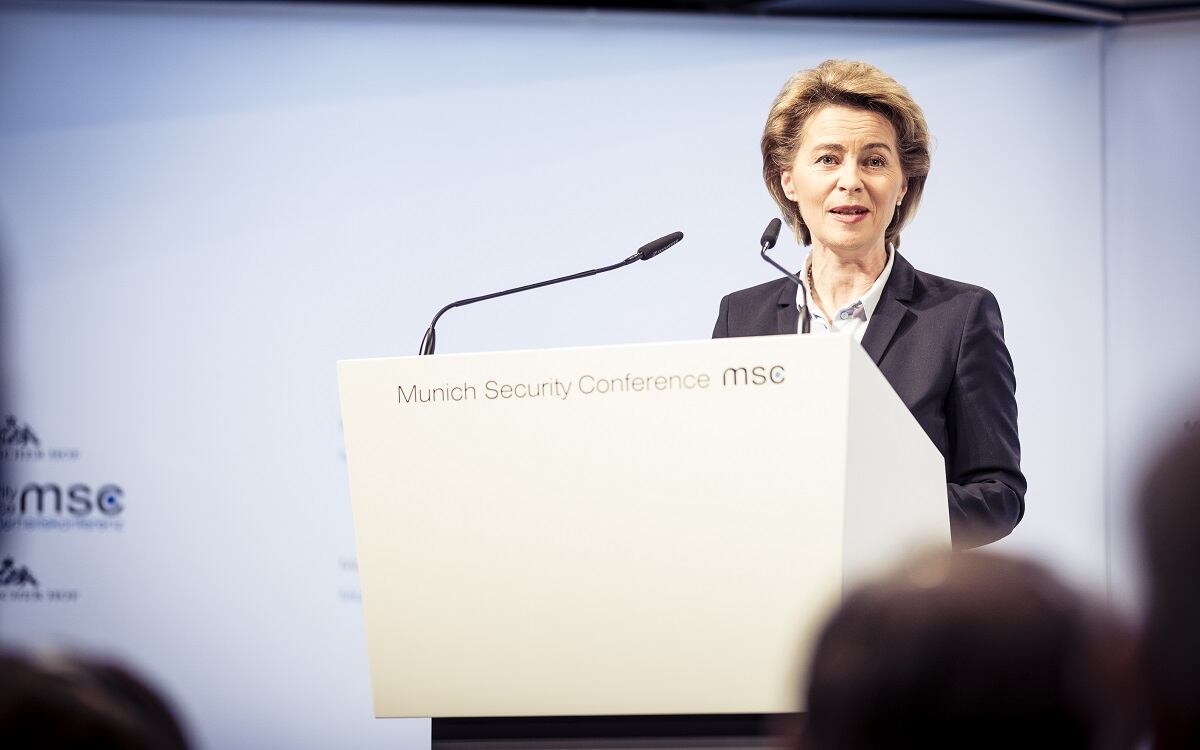COLOGNE, Germany — The Cabinet of German Chancellor Angela Merkel on Wednesday approved an extension of global military missions, including an uptick of forces for Afghanistan. The move would bring an end to the training of Kurdish peshmerga battling the Islamic State group in favor of what officials said would be a broader stabilization effort.
The German parliament has yet to approve the new mandates, which analysts say is likely. Notably, an Iraq mission extension comes with an end date of Oct. 31, 2018. The Afghanistan mandate would end March 31, 2019.
The upper limit for Berlin’s Afghanistan contingent is set to swell from 980 troops to 1,300; Iraq is slated to see of a reduction from 1,200 to 800 forces.
Defence Minister Ursula von der Leyen said the plan for Iraq represents a “new quality” despite the nominal reduction. After the “great success” of enabling the peshmerga to defeat ISIS in northern Iraq, as von der Leyen described it, that mission is considered over.
RELATED

The Bundeswehr’s focus would now shift to providing training throughout the country, with detachments in Baghdad and Erbil, and helping the central government build a functioning administration, she added.
German soldiers also are slated to teach Iraqi forces to disable improvised explosive devices, which continue to make cities regained from ISIS control unsafe for civilians.
In Afghanistan, von der Leyen said local forces still need international support to counter al-Qaida and the Taliban. As part of the new mandate, Bundeswehr troops would return to the Kunduz area in the country’s north, where German soldiers were stationed until 2013.
The Cabinet’s renewal of German military commitments comes as the Defence Ministry is under pressure for serious equipment shortfalls in the Bundeswehr. They affect virtually all major weapon systems, including tanks, helicopters, ships and submarines.
Critics have questioned how the military could shoulder a more demanding mission in Iraq, in particular when vital military hardware is in short supply.
Von der Leyen said equipment support to overseas operations would be prioritized as officials seek to get a handle on deficiencies.
Sebastian Sprenger is associate editor for Europe at Defense News, reporting on the state of the defense market in the region, and on U.S.-Europe cooperation and multi-national investments in defense and global security. Previously he served as managing editor for Defense News. He is based in Cologne, Germany.








